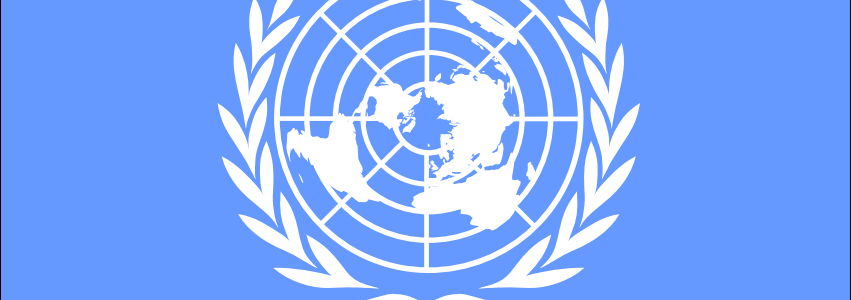
A former Iranian diplomat believes that if the US exits from the JCPOA without the UN Security Council and the Joint Commission under the agreement dealing with Iran’s complaints, Iran can subject its membership in the JCPOA and NPT to the full implementation of the 2015 JCPOA nuclear agreement.
On 12 May, Donald Trump will decide the fate of the 2015 Iran Nuclear deal, the JCPOA, and whether the US will stay or exit the multilateral agreement. In an interview with the New Yorker, Iranian FM Javad Zarif, has said that Iran has three options if the US withdraws from the JCPOA: 1) To withdraw from the deal and accelerate enrichment; 2) To exploit a dispute mechanism in the deal; 3) To withdraw from the NPT. Following the comments made by FM Zarif, Secretary of the Supreme National Security Council of Iran, Ali Shamkhani has also said that leaving the NPT will likely be Iran’s response to a US withdrawal from the JCPOA. Comments by Iranian officials in recent months indicate that if the US withdraws from the deal, the likelihood of Iran staying in the agreement is small.
Persia Digest (PD) reporter has conducted an interview about the future of the JCPOA with former Deputy secretary of the Supreme National Security Council and spokesperson for Iran’s nuclear negotiating team.
On Trump’s views about amending the JCPOA, Seyed Hossein Mousavian told PD: “Trump’s demands to amend the JCPOA have no legal and logical basis; because the agreement has been backed both by the UN Security Council and the IAEA.”
To the question of what Iran will decide if Trump withdraws from the JCPOA, he answered: “I am not aware of the decisions made by Iranian authorities, but I believe Iran should use the guidelines provided in the JCPOA and take its grievances to the mutual commission set up with the P5+1 signatories.”

